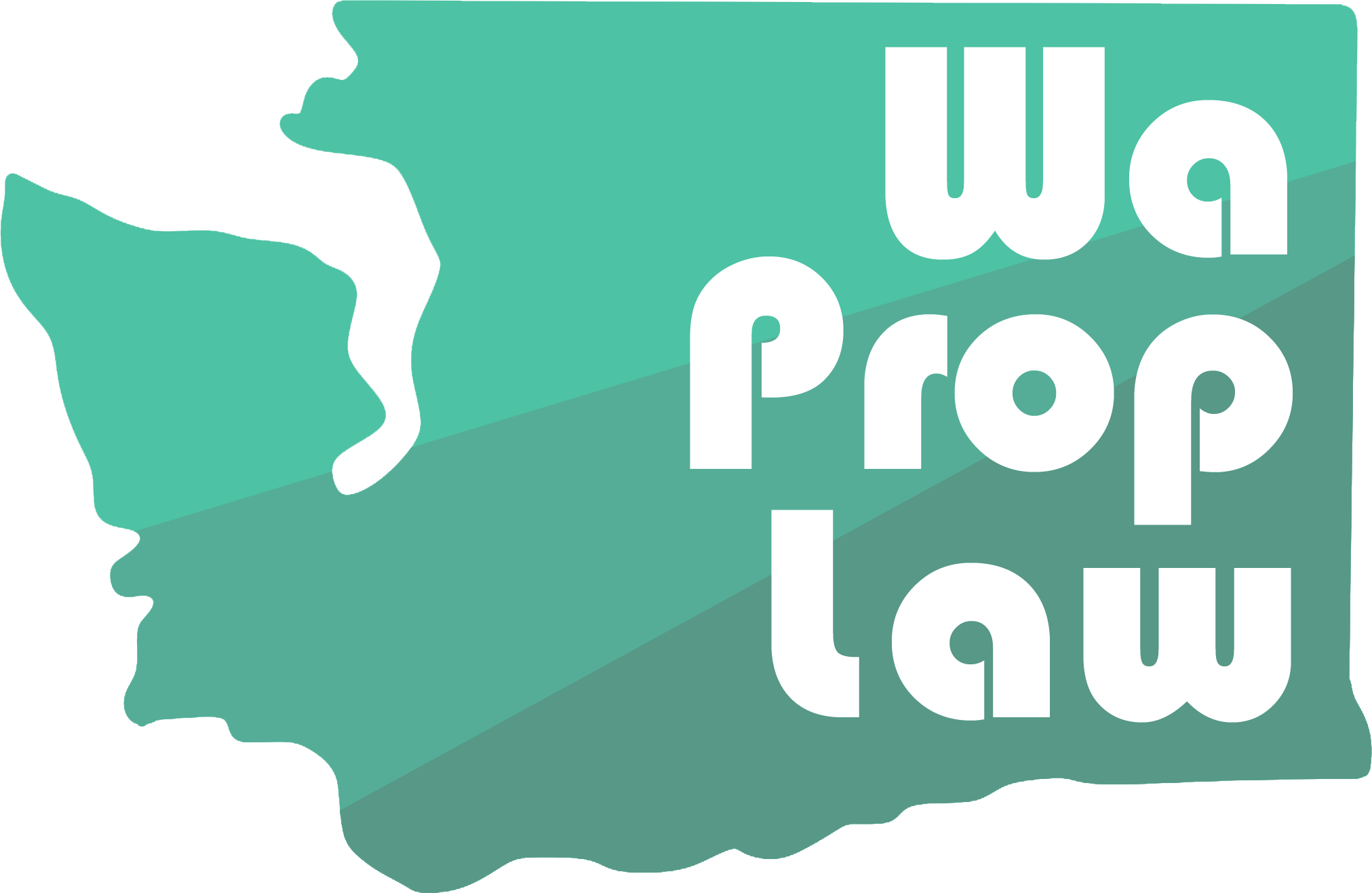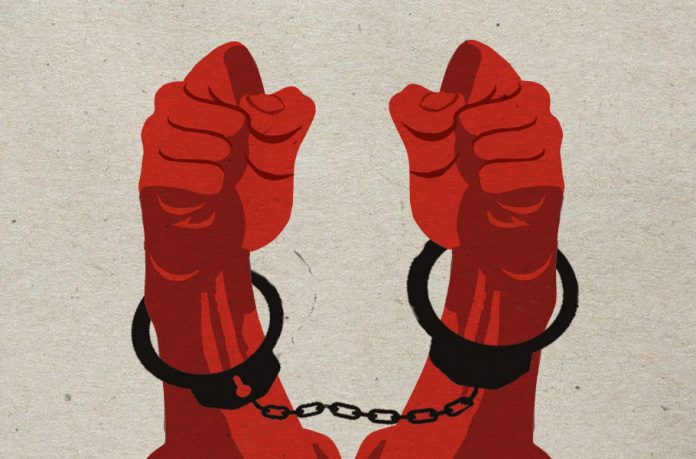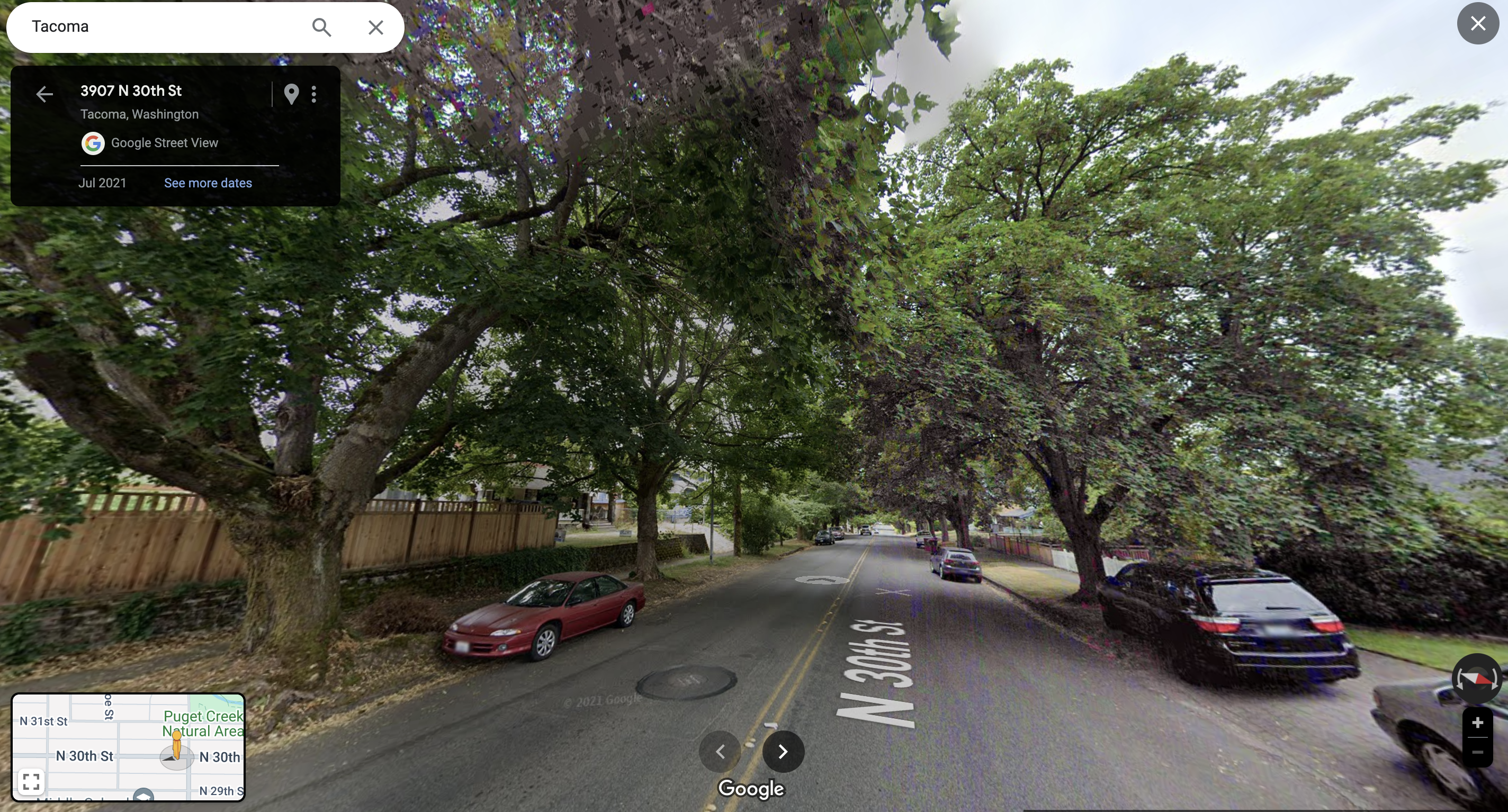If you’re a Tacoma landlord, you’ve probably heard of Tacoma’s infamous (and ironically named) Landlord Fairness Code–the bombshell anti-landlord ordinance voted into law as initiative no. 1 in November 2023. In other articles on this website, we’ve covered both the effects of the Landlord Fairness Code on Tacoma landlords, and the bonkers story of how a huge mistake by the Tacoma City Council paved the way for it to be voted into law.
Here, we’ll explain why we think the eviction ban portions in the Landlord Fairness Code are probably illegal under Washington State law.
Need a quick refresher on the new eviction bans?
Tacoma’s Landlord Fairness Code has imposed the following bans:
- The 5-month winter eviction ban on all tenants from November 1-April 1
- The 9.6-month school year eviction ban applying to any tenants with children under the age of 18 and anyone who works for the school system (even contractors).
Both bans have some exceptions (like if the landlord wishes to move into the subject unit or the tenant is committing waste or nuisance on the premises). However, the bans are overall very broad. For a longer explanation, see our article explaining the Landlord Fairness Code in detail.
Why do we think these portions of the Landlord Fairness Code are illegal?
The American legal system operates on precedent, meaning that new court decisions are supposed to remain consistent with older cases (the legal term is “stare decisis”). The Washington State Court of Appeals recently rendered a decision on a highly relevant case involving the Seattle cold weather eviction ban. The reasoning in that case implies that the Tacoma eviction bans are probably illegal.
A quick explanation of the differences between the Seattle eviction ban and Tacoma’s new eviction bans
Before we get into the relevant portion of the court’s decision, it’s important to understand how the Seattle’s cold-weather eviction ban is much more limited than Tacoma’s in several ways:
- Seattle’s winter eviction ban is shorter at just three months (Dec 1-March 1),
- It not apply to landlords with fewer than five rental units in Seattle, and
- The tenant must have an income at or below 80% of the area median income (which is considered moderate income)
In sum, Seattle’s cold weather eviction ban is more limited than Tacoma’s. In Tacoma, the cold weather eviction ban could protect a billionaire tenant in a penthouse paying $10,000 per month in rent (not that Tacoma has any billionaires…). In Tacoma, the “cold weather” eviction ban spans an extra 60 days, including November and March where the average low temperature rarely (if ever) fall below freezing.
What does the relevant case say about Seattle’s cold weather eviction law?
In 2022, the Rental Housing Association of Washington (RHAWA) sued the City of Seattle over (among other things) the Seattle cold-weather eviction ban: Rental Hous. Ass’n v. City of Seattle, 22 Wn. App. 2d 426, 512 P.3d 545 (2022). The landlords lost that case at the Court of Appeals, but the court’s reasoning implies that Tacoma’s more expansive eviction bans may be illegal even though Seattle’s wasn’t.
The relevant section of the court’s reasoning concerns procedural due process. Procedural due process “provides that ‘[w]hen a state seeks to deprive a person of a protected interest’, the person must ‘receive notice of the deprivation and an opportunity to be heard to guard against erroneous deprivation.’” Chong Yim v. City of Seattle, 194 Wn.2d 682, 688, 451 P.3d 694 (2019) (quoting Amunrud v. Bd. of Appeals, 158 Wn.2d 208, 216, 143 P.3d 571 (2006)).
A procedural due process claim has two distinct elements:
- the deprivation of a constitutionally protected liberty or property interest and
- a denial of adequate procedural protections.
Webb v. Wash. State Univ., 15 Wn. App. 2d 505, 516, 475 P.3d 1051 (2020).
The court concluded that the Seattle eviction ban meets the first element of a due process violation because the ban does deprive landlords of a protected liberty interest.
What about the second element? Unfortunately for the landlords, the court found that the Seattle’s cold weather eviction ban did provide adequate procedural protections to landlords. However, the nuances of that decision are important.
In finding that the procedural protections are adequate, the court leans heavily on the aspects of Seattle’s ban that make it less expansive than Tacoma’s bans:
- That the eviction ban only spans three months,
- That tenants must prove they make 80% or less of the area median income,
- That tenants live in housing units owned by a person who owns more than four rental housing units within Seattle, and
- That the eviction ban is based on data from the Losing Home report, published by the Seattle Women’s Commission and King County Bar Association’s Housing Justice Project in 2018
Since none of these limitations apply to the Tacoma ban, there’s a good chance that the Tacoma bans do constitute a procedural due process violation. Tacoma’s bans last longer (5 months for cold weather and 9.6 months for the school year), they apply to mom-and-pop landlords, they protect wealthy tenants, and they have no obvious basis in data. For these reasons, we think Washington courts will struggle to find that Tacoma’s bans offer adequate protection to landlords
Closing Thoughts
We believe that Tacoma’s eviction bans are probably illegal because they’re too broad. However, we don’t get to decide when laws are illegal–that’s the job of the courts. As of writing this, Tacoma’s Landlord Fairness Code is too new for the courts to have considered its legality, so we’re just providing our best educated guess here.
How certain are we about our prediction? We’d put our confidence at maybe 70%. We wouldn’t be shocked if the courts ruled that Tacoma’s eviction bans are legal. However, we think they probably aren’t.



